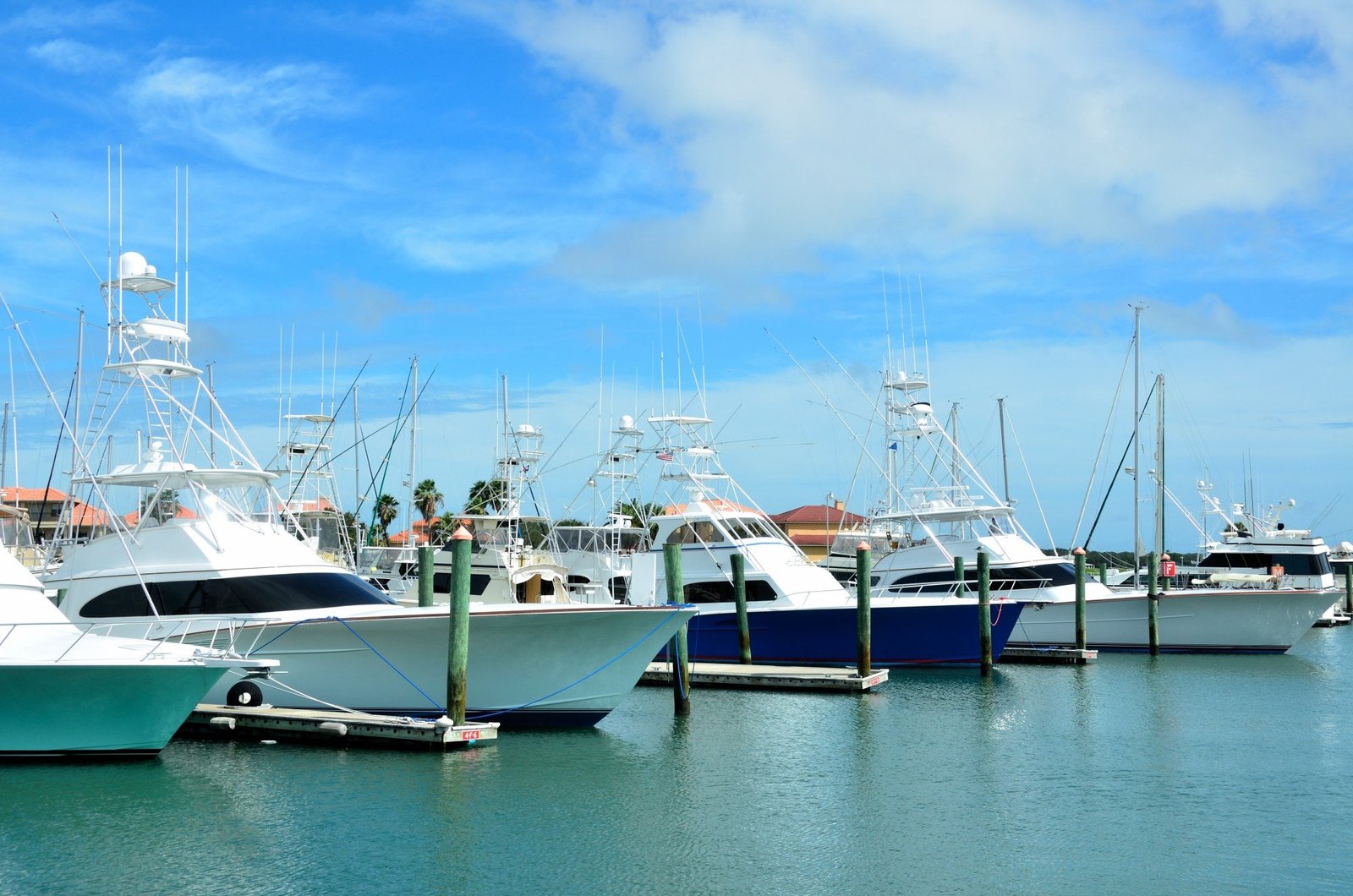
Vessels are made of all sorts of materials, and some of them deteriorate with time. Furthermore, boats are exposed to all kinds of weather, and storms can damage them.
To prepare for the unexpected, you need to have a boat emergency kit aboard. Such a kit can save your boat from immediate damage, which is good since many insurance companies don’t cover the first 72 hours.
In this article, we’ll give you some tips on how to build the emergency kit for your boat. We’ll also tell you some common marine disasters and what to do in such a situation.
Are you ready to plan? Let’s get going!
Your boat emergency kit is your lifeline when unforeseen or unexpected incidents occur. Whether you’re facing mechanical issues, sudden weather changes, or medical emergencies, having the right equipment and supplies can make all the difference. It not only ensures your safety but also contributes to the safety of your passengers and fellow boaters.
Think of your boat emergency kit as a safety net, ready to catch you in case you fall. Being well-prepared can minimize panic, stress, and potential damage, turning a challenging situation into a manageable one. So, what should you include in your emergency kit? Let’s break it down.
Life jackets, also known as personal flotation devices (PFDs), are non-negotiable when it comes to boating safety. Every passenger on your boat should have access to a well-fitting life jacket.
Ensure that you have an appropriate PFD for each age group, including infants and children, as well as for adults. Regularly check the condition of your life jackets, and replace any damaged ones immediately.
In addition to wearable life jackets, it’s essential to have throwable PFDs on board. These are items like life rings or seat cushions with handles, which can be thrown to someone in the water to provide buoyancy and help them stay afloat until rescued.
A VHF marine radio is a vital communication tool for boaters. It allows you to communicate with other vessels, the Coast Guard, and nearby boaters in case of emergencies. Make sure you’re familiar with how to use the radio and have a backup power source, such as extra batteries, in your emergency kit.
Flares are essential for signaling distress to nearby boats or rescue services. They are visible from a distance and can help rescuers locate your position quickly. Store flares in a waterproof container and check their expiration dates regularly, replacing any that are no longer effective.
A whistle or an air horn can serve as an audible signaling device in case you need to get the attention of other boaters. These should be readily accessible in your emergency kit and should meet Coast Guard regulations.
A well-equipped first aid kit is a must for any boat emergency kit. It should contain emergency boating essentials like bandages, antiseptic wipes, adhesive tape, scissors, tweezers, and pain relievers. Additionally, include seasickness medication and any personal medications that you or your passengers may require.
In a medical emergency, a CPR mask can be invaluable. It allows you to provide rescue breaths safely, protecting both the rescuer and the victim. Make sure you know how to use it correctly.
Fires on boats can be particularly dangerous due to the limited escape routes and the presence of flammable materials. Have a functioning fire extinguisher on board and know how to use it in case of an onboard fire. Ensure the extinguisher is Coast Guard-approved and within its expiration date.
A fire blanket is another handy tool to have on board. It can quickly smother small fires and help prevent them from spreading.
A basic toolkit should include essential tools like a wrench, pliers, screwdrivers, and a multipurpose tool. These tools can help you make minor repairs to your boat or engine in case of mechanical issues.
Carry spare parts that are specific to your boat’s make and model. These may include belts, fuses, and other components that could be prone to wear and tear. Having spare parts can save the day when something breaks down far from shore.
Having a compass and nautical charts or maps can help you navigate, especially in case of GPS failure. These tools are crucial for staying on course and avoiding dangerous areas.
In case you get stranded for an extended period, keep non-perishable food items like energy bars, canned goods, and bottled water in your emergency kit. Make sure to check the expiration dates regularly and replace them as needed.
Keep your identification, boat registration, and any important documents in a waterproof bag or container within your emergency kit. Having these documents readily available can facilitate communication with rescue services or other authorities.
Depending on your location and the season, weather conditions can change rapidly. Pack spare clothing, including waterproof gear and warm layers, to stay comfortable in various conditions.
It’s essential to have a clear emergency plan in place and ensure that all passengers are familiar with it. Discuss procedures for different scenarios, including man overboard, fire, and engine failure. Assign roles to your passengers so everyone knows their responsibilities in case of an emergency.
Have a list of important contact numbers, including the Coast Guard, local marinas, and friends or family who can assist in case of emergencies. Ensure that your emergency kit contains a waterproof pouch to protect your phone or radio.
Boating is a fantastic way to explore the beauty of the open water, but it comes with a responsibility to prioritize safety. Your boat emergency kit is your insurance policy, providing you with the tools and supplies needed to handle unexpected situations.
So, before you set sail on your next adventure, make sure your boat emergency kit is stocked and ready. When it comes to boating, marine safety should always come first, allowing you to enjoy the adventure second.
If you’re itching for more articles like this, check out the other sections on our blog today.